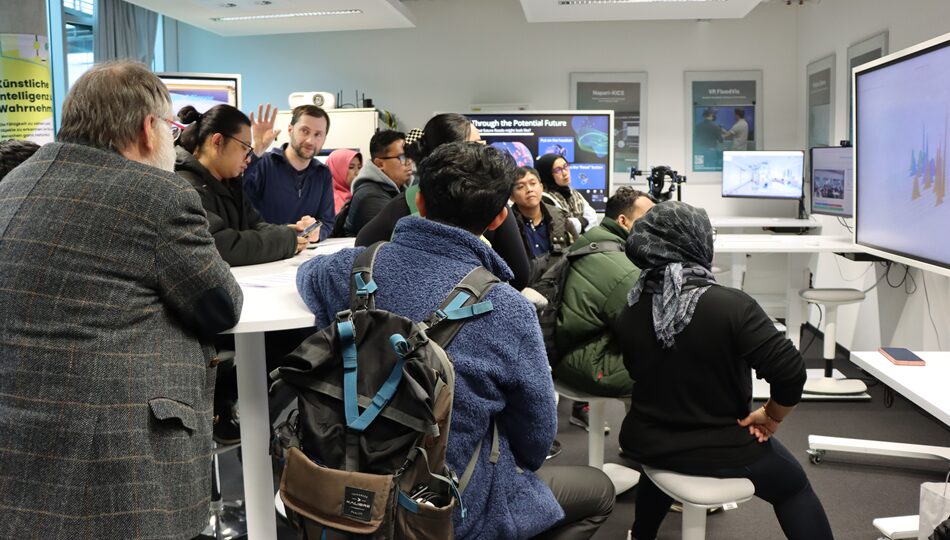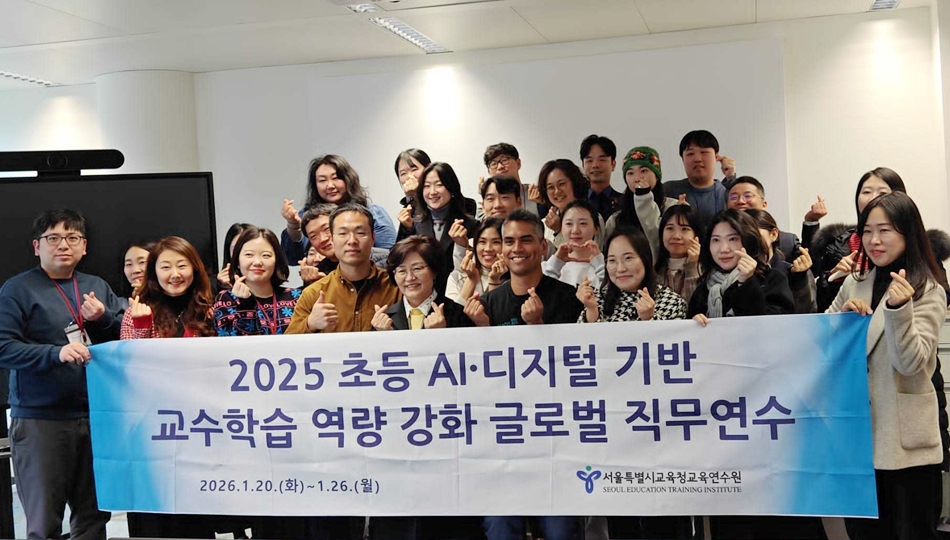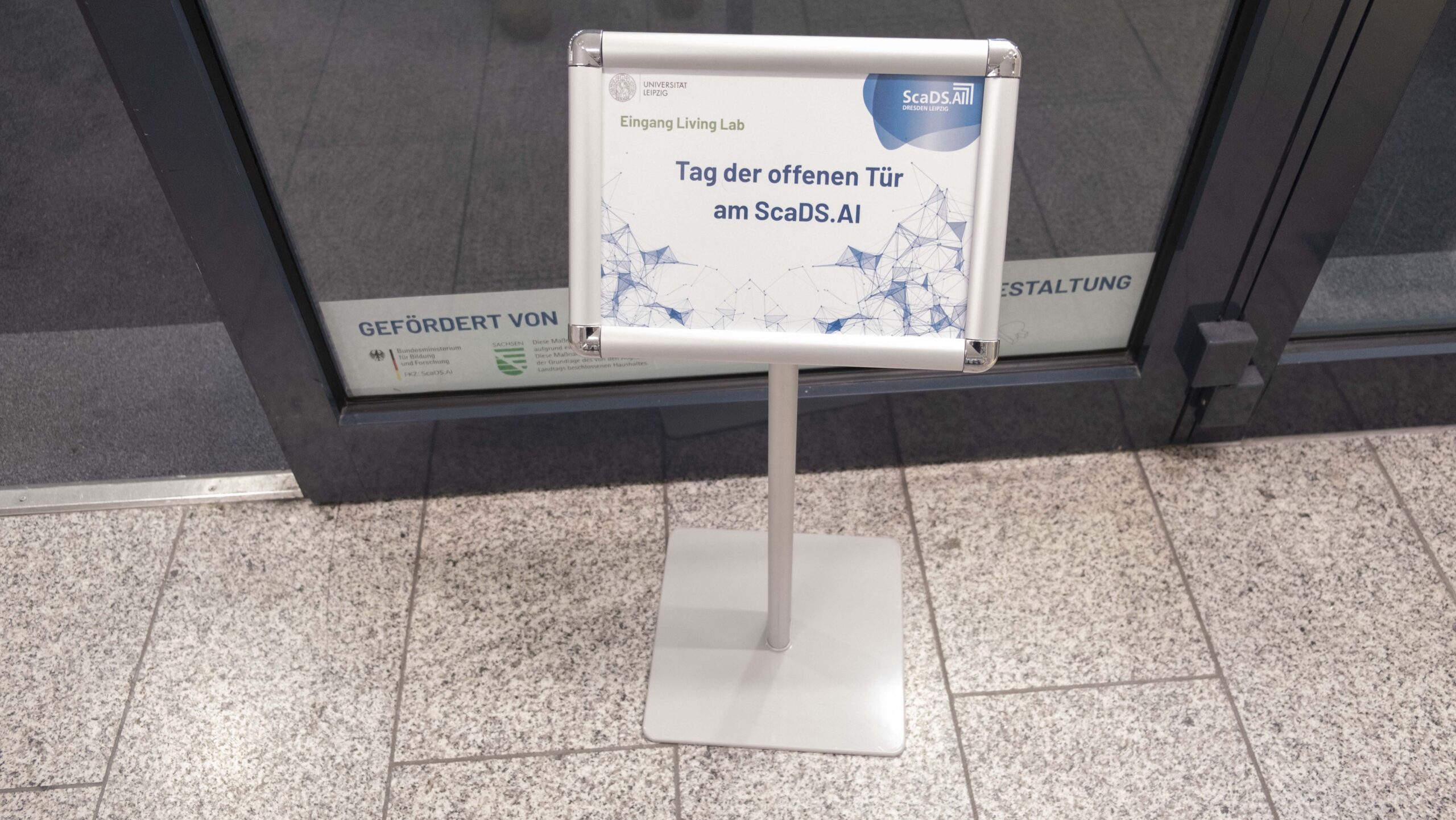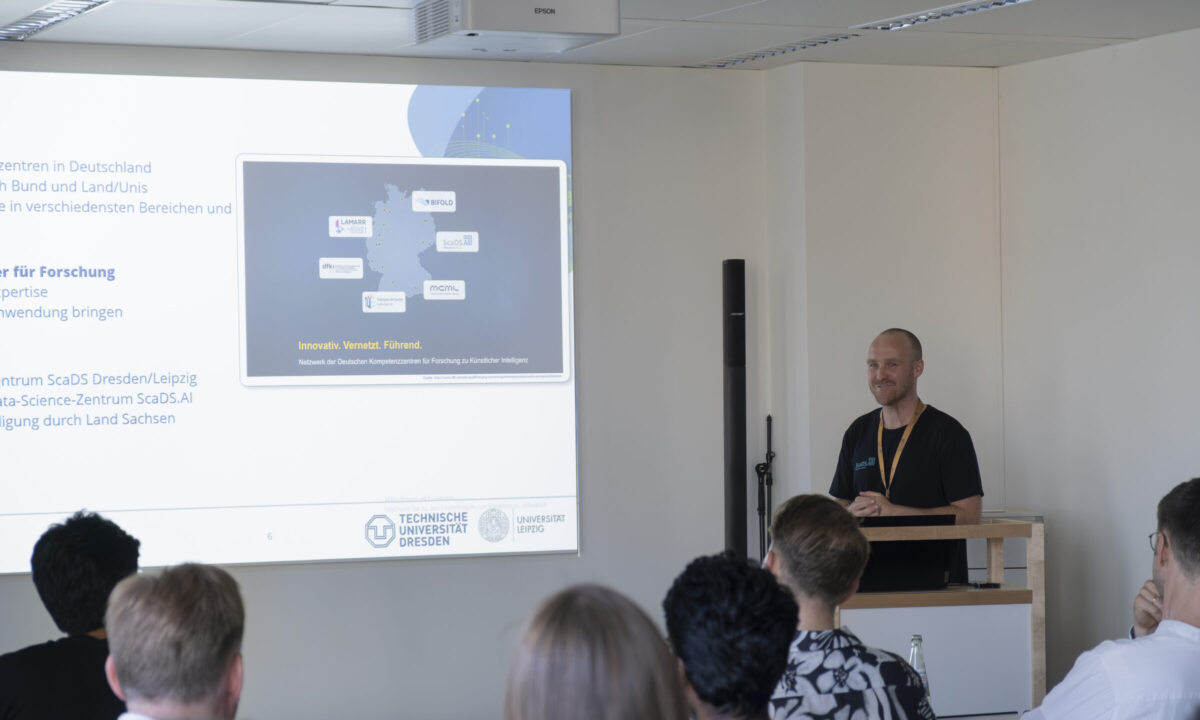
August 27, 2025
ScaDS.AI x KI-Hub Meetup Recap – AI in Practice: Perspectives, Experiences and Exchange

On 19 August 2025, the ScaDS.AI Dresden/Leipzig Living Lab in Leipzig hosted a well-attended joint event with the KI-Hub Sachsen-Thüringen. Both organizations are part of the broader Mittelstand-Digital innovation network, compiled by the shared focus on applied AI. While the KI-Hub specializes in transferring AI knowledge into practical use – particularly for small and medium-sized enterprises (SMEs) in Saxony & Thuringia – ScaDS.AI Dresden/Leipzig brings deep research expertise in machine learning, big data and AI methods. With the goal to showcase and exchange practical perspectives on how artificial intelligence can be applied in real-world contexts from multiple angles.
Opening Remarks
This time three practical perspectives were in focus: ImmoCheck Online’s smart approach to property inspection, Volu Link’s student-driven digitalization of nonprofit projects, and ISL Integrated Skills Deutschland GmbH‘s end-to-end optimization for waste management solutions, streets & winter maintenance and parcel & post deliveries.
First of all, Oliver Welz (Living Lab, ScaDS.AI Dresden/Leipzig) welcomed everyone and gave a brief presentation of the center, its research, services and points of contact for companies and interested parties.
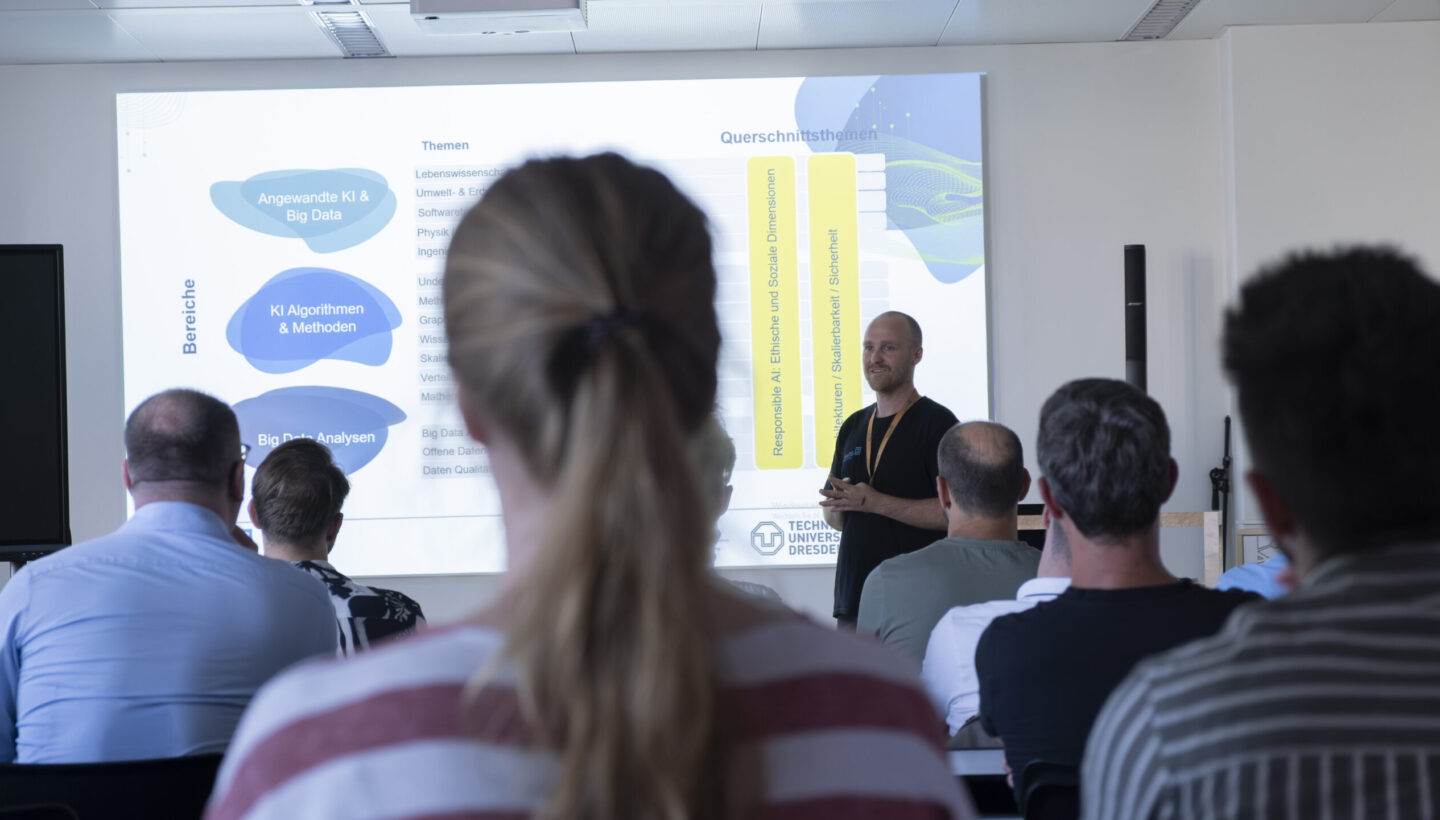
Martin Folz, lead at KI-Hub Sachsen-Thüringen, followed by outlining the Hub’s mission to democratize AI for SMEs across Saxony and Thuringia. He detailed the Hub’s services:
- Impuls projects
Running over a few weeks, structured to rapidly uncover AI potential by auditing existing processes, identifying quick-win use cases and sketching strategic roadmaps for future digital solutions. - AI application projects
Extend up to five months, guiding SMEs through a thorough “now-state” analysis, co-developing a bespoke solution concept and delivering a functioning prototype that’s been vetted against real operational data.
Martin Folz then highlighted how the Hub combines a centralized document management system (DMS) with retrieval-augmented generation (RAG) to build company-specific knowledge databases. By ingesting policies, manuals and unstructured files into a unified DMS and layering on a RAG pipeline, organizations can spin up AI assistants that search, summarize and reason over their own internal documents.
Drawing on recent success stories, Folz further described a predictive maintenance initiative with a regional machine shop that cut unplanned downtime. To conclude, he emphasized that by convening co-innovation hackathons, on-site demonstration projects and one-on-one coaching, the Hub effectively bridges the gap between research and hands-on industrial application thus transforming academic insights into tangible business value.
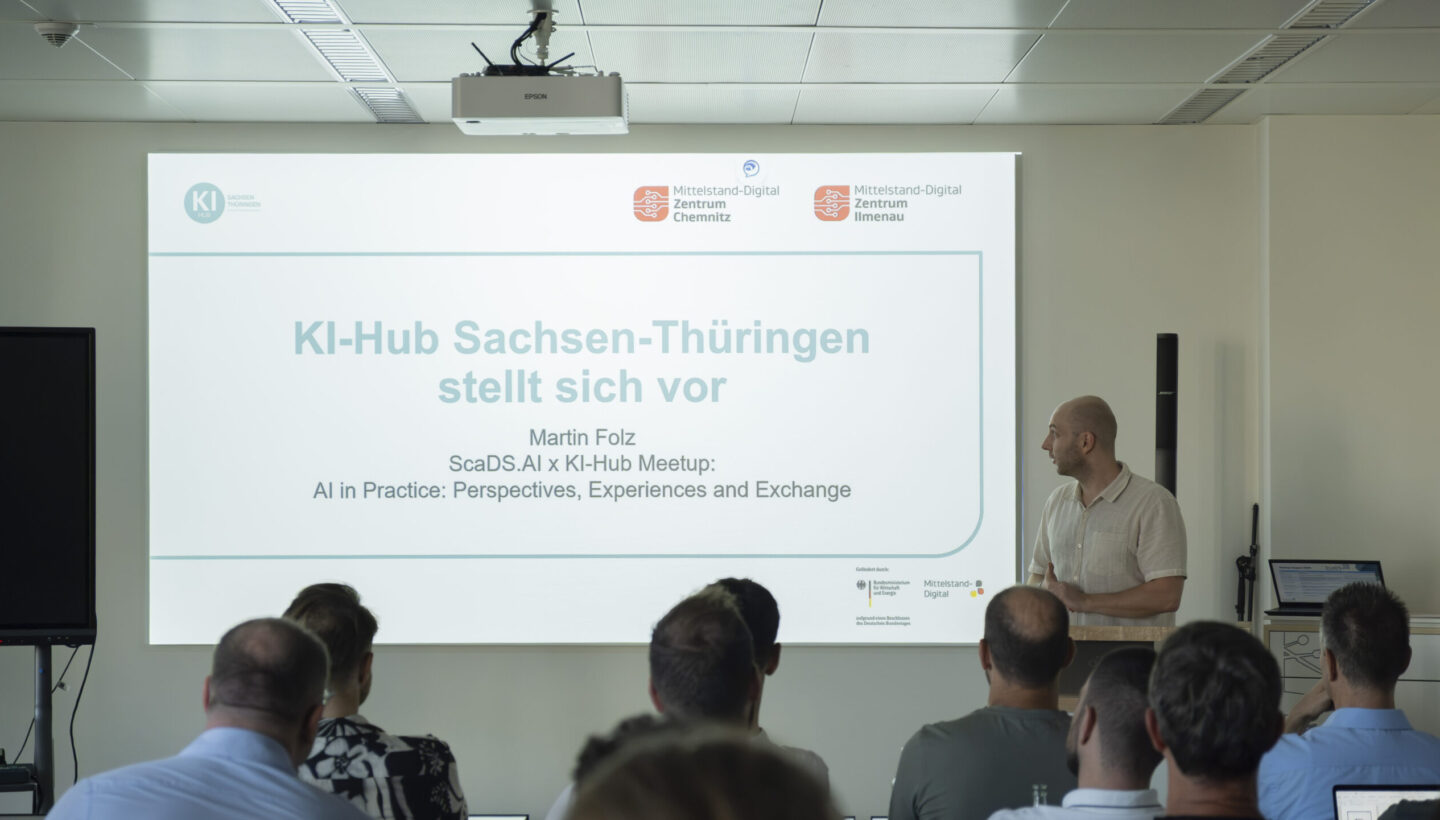
Keynote Presentations
Keynote presenters anchored the evening by showcasing in-depth case studies that demonstrate how agile startups, social-impact initiatives, and enterprise-scale solutions apply AI.
Immocheckonline
Jan-Philipp Schubert, managing director of immocheckonline, walked the audience through a three-month sprint to build an AI-powered property‐document verifier on minimal budget. First curating a corpus of real‐estate PDFs – title deeds, partition declarations, energy certificates – and next drafting a concise annotation guide to flag risk factors like unauthorized alterations or zoning issues. For text extraction, they employed Microsoft Document Intelligence to convert PDFs into clean & structured text, then fine-tuned a pre-trained transformer model on their labeled data for clause classification. Rather than hand-coding a frontend, Bubble.io’s low-code platform was used to spin up a streamlined web app. Schubert candidly recounted obstacles, namely OCR (Optical Character Recognition) misreads tamed by custom post-processing scripts. Moreover, ambiguous legal phrasing was resolved through iterative feedback and thus outlined how they baked GDPR compliance into storage architecture. As a result, the tool now delivers full risk reports in under two minutes.
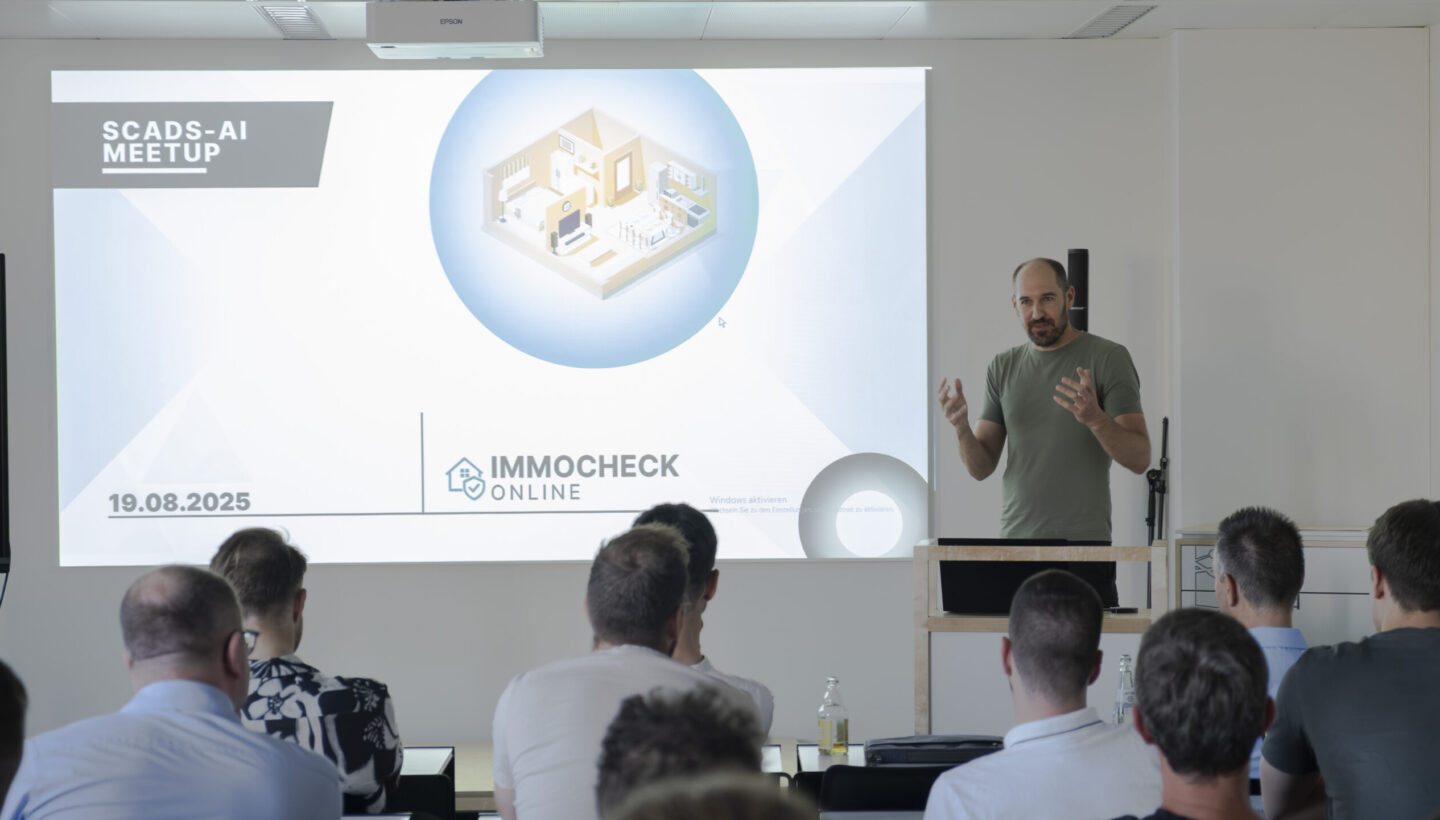
VoluLink
Moritz Hall, co-founder of VoluLink, illustrated the approach with a real-world example from Leipzig’s neighboring Halle (Saale). That is to integrate digital service projects into existing semester modules enrolling 30–50 IT students each. In this setup, experienced mentors from partner companies guide student teams every step of the way as they tackle nonprofit digital practice cases. Specifically designing data pipelines for social services to building outreach apps for local charities. This model not only strengthens employer branding and sharpens university recruiting pipelines for corporate partners but also gives students invaluable hands-on experience along with professional networking opportunities. Plus, a genuine sense of impact on regional social initiatives. As a demonstration, one team partnered with Phönix e.V. – an assistance association for people with disabilities – to develop an optimization model and accompanying software that automates the mediation of school-accompaniment services.
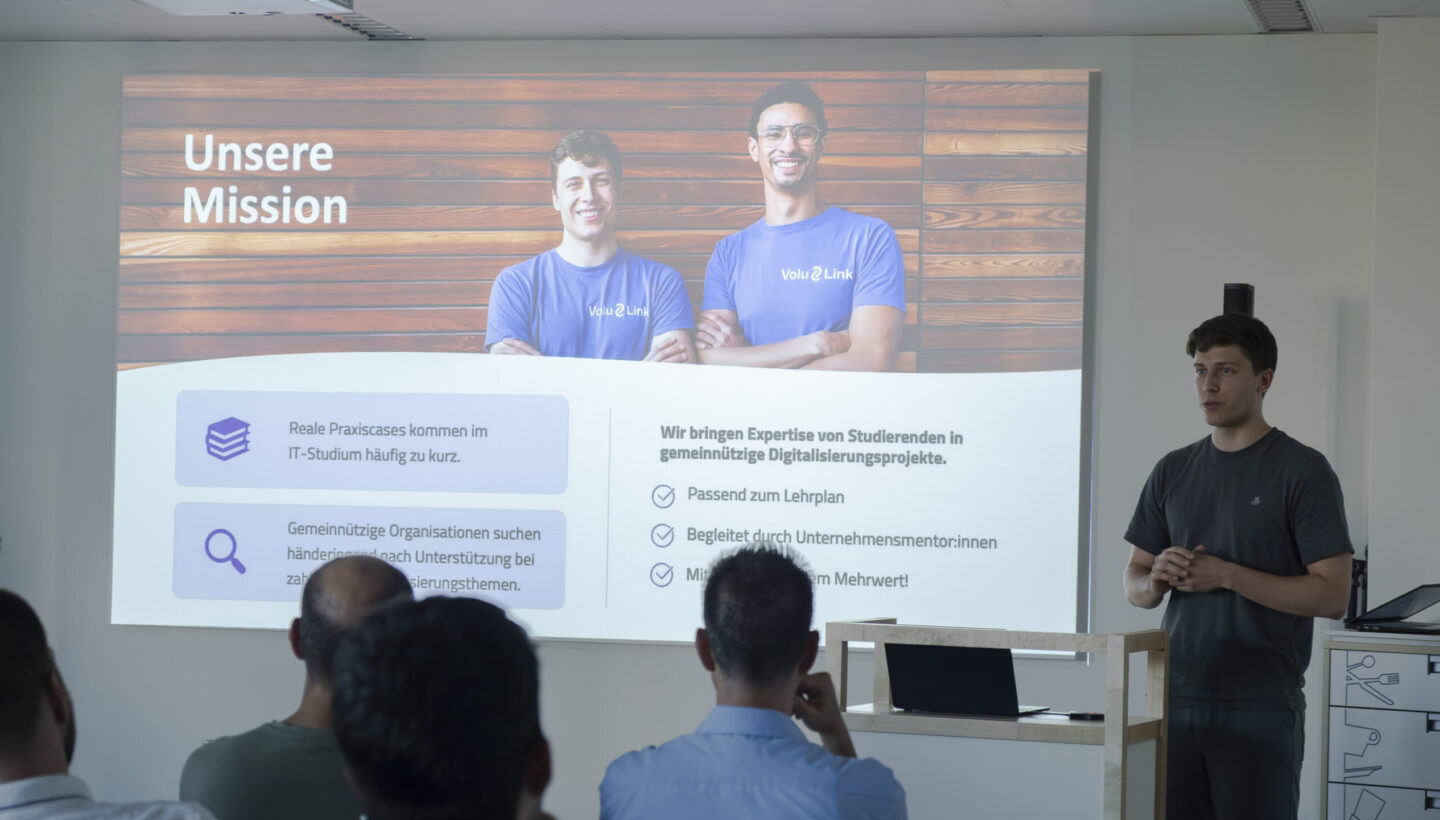
ISL Integrated Skills Deutschland GmbH
Hubertus Kraus, Chief Executive Officer, and Peter Pauckner, Technical Director, showcased ISL’s AI-driven route optimization platform, built on the RouteSmart high-density algorithm. Subsequently ingesting detailed geobasis- and geospatial data alongside vehicle performance profiles, the system automatically generates balanced & efficient tours for waste collection, winter services and street cleaning. Attendees saw a side-by-side comparison of traditional versus optimized routes, revealing up to 30 percent reductions in CO₂ emissions along with fleet mileage and operator workload achieved purely through software adjustments. The live scenario-planning module allowed real-time tweaks, ranging from adding electric vehicles with limited range to rerouting around road closures, and immediately recalculated optimal tours to maintain service quality and driver satisfaction. Through an intuitive web interface, dispatchers visualized how the algorithm adapts to shifting conditions (e.g., narrowed lanes in historic districts) while keeping arrival-time commitments on track.
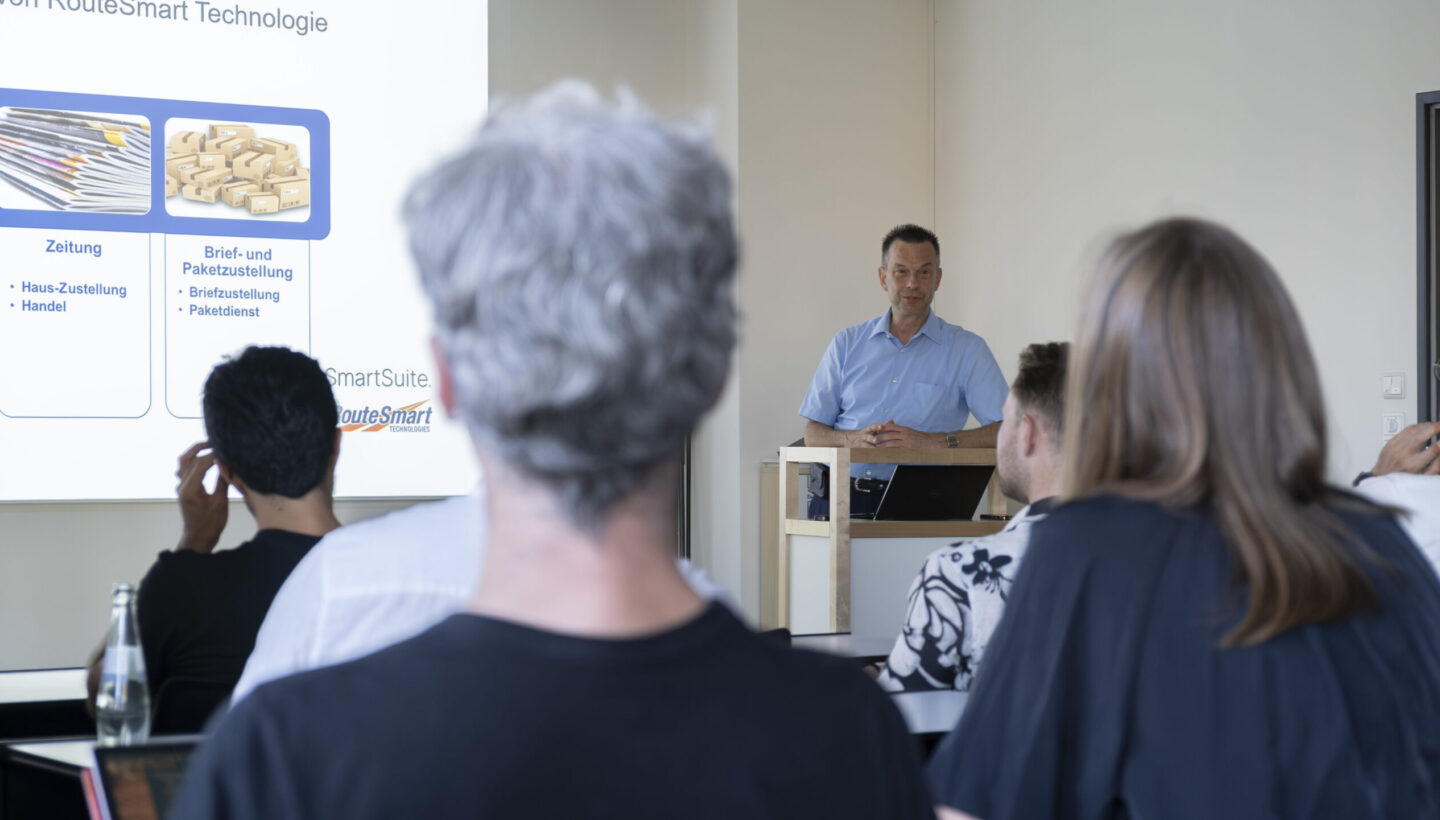
OpenLab and Networking
Following the presentations, participants convened in the OpenLab session. Exchanging ideas with speakers, exploring the Leipzig Living Lab area and establishing connections. By showcasing real-world applications and encouraging open dialogue, the meetup underscored that AI innovation is accessible to organizations of all sizes and sectors.
Details about the next ScaDS.AI Dresden/Leipzig Meetup are available on our dedicated events page: https://scads.ai/event/meetup/

